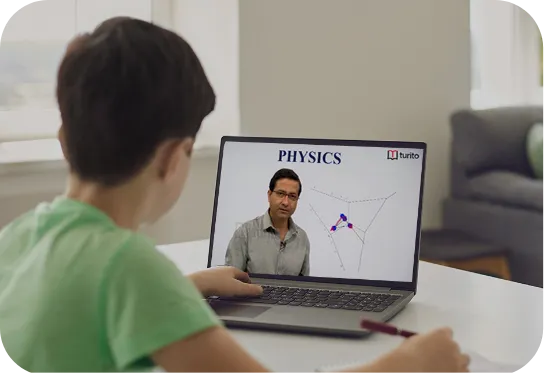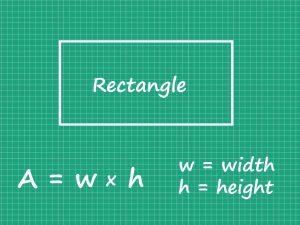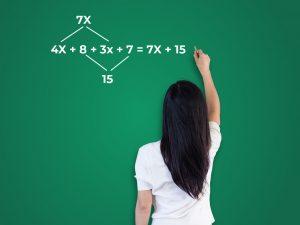Key Concepts
- Addition of numbers by bar diagram.
- Solve one-step problems by bar diagram.
- Solve two-step problems by bar diagram.
Addition of 2-digit numbers
We know that 29 is the sum of 12 & 17 and it can be represented as:

Let’s represent the above sum by BAR DIAGRAM.

Here 12 and 17 are parts of the bar diagram.
And 29 is the whole of the bar diagram.
Bar Diagram
Example 1:
Find the sum of 36 and 18 by bar diagram using partial sums?
Answer:


So, 36 + 18 = 54
Example 2:
Find the missing number from the bar diagram? Then check the answer.

Answer:
By using mental math.
45 + 10 = 55
55 + 10 = 65
65 + 10 = 75
75 + 5 = 80
80 + 4 = 84
10 + 10 + 10 + 5 + 4 = 39
So, 45 + 39 = 84
Check:

Hence it is correct.
45 + 39 = 84.
One-step problems
Example 3:
Ethan has 72 blocks to build with. He used 39 blocks to build one house. He wants to build a second house with leftover blocks. How many blocks are left to build the second house? Use the bar diagram and then check your answer.

Answer:
The total is 72 blocks.
39 blocks were used for the first house.
The bar diagram to model the question is:

39 +? = 72
Now, let’s use mental math.
39 + 30 = 69
69 + 1 = 70
70 + 2 = 72
30 + 1 + 2 = 33
39 + 33 = 72
So, 33 blocks left to build the second house.
Check:

39 + 33 = 72.
Example 4:
There are two buses. One has 36 tourists, and the other has 27 tourists. How many tourists are there in total? Represent it by using a bar diagram and find the answer.

Answer:
36 tourists are on one bus.
27 tourists are on the other bus.
The bar diagram to model the question is:

36 + 27 =?
Now, let’s use partial sums to find the sum

36 + 27 = 63.
So, there are 63 tourists in total.
Two-step problems
Example 5:
There were 52 balls on the playground. 19 were soccer balls, and 15 were basketballs. The rest were tennis balls. How many were tennis balls? Use a bar diagram and mental math to solve and then check your answer.

Answer:
Step 1:
The bar diagram to model the total number of soccer balls and basketballs are

19 + 15 =?
Now, let’s use partial sums to find the sum
19 + 15 = 34.
So, there are 34 soccer balls and basketballs in all.

Step 2:
There were 52 balls on the playground.
The bar diagram to model the number of tennis balls:

34 +? = 52
Now, let’s use mental math.
34 + 10 = 44
44 + 6 = 50
50 + 2 = 52
10 + 6 + 2 = 18
34 + 18 = 52
So, there were 18 tennis balls.
Check:

34 + 18 = 52.
Exercise
Question 1: Find:

Question 2:
Find missing number from the bar diagram?

Question 3:
Mai sees 15 yellow birds and 16 red birds on a tree. Then after some time, 17 birds fly away. How many birds are left? Use bar diagram and mental math to solve.
Question 4:
Sara had 39 marbles. She gave 26 marbles to Frank. How many marbles does Sara have now?
Question 5:
Shirley had 18 pencils. She gave some to Emma. Shirley has 4 pencils left. How many pencils did Shirley give to Emma?
Question 6: Barbara had some stickers. She gave 18 to Mia. Now she has 13 stickers left with her
Question 7:
Kevin bought a box of 90 valentines. He gave 26 to his classmates and mailed 17 to his cousins and other family members. Find the number of valentines Kevin did not use.
Question 8:
There are 85 students in the second class. Fifty-two of the students are boys, and the rest are girls. How many girls are there in all?
Question 9:
The shake shop sells mint shakes in March. They sold 37 mints shakes on Friday. 25 mint shakes on Saturday and 27 mint shakes on Sunday. Find the number of mint shakes sold over the weekend.
Concept Map

What we have learned
- Solve one-step and two-step problems using bar diagrams.
Related topics
Addition and Multiplication Using Counters & Bar-Diagrams
Introduction: We can find the solution to the word problem by solving it. Here, in this topic, we can use 3 methods to find the solution. 1. Add using counters 2. Use factors to get the product 3. Write equations to find the unknown. Addition Equation: 8+8+8 =? Multiplication equation: 3×8=? Example 1: Andrew has […]
Read More >>Dilation: Definitions, Characteristics, and Similarities
Understanding Dilation A dilation is a transformation that produces an image that is of the same shape and different sizes. Dilation that creates a larger image is called enlargement. Describing Dilation Dilation of Scale Factor 2 The following figure undergoes a dilation with a scale factor of 2 giving an image A’ (2, 4), B’ […]
Read More >>How to Write and Interpret Numerical Expressions?
Write numerical expressions What is the Meaning of Numerical Expression? A numerical expression is a combination of numbers and integers using basic operations such as addition, subtraction, multiplication, or division. The word PEMDAS stands for: P → Parentheses E → Exponents M → Multiplication D → Division A → Addition S → Subtraction Some examples […]
Read More >>System of Linear Inequalities and Equations
Introduction: Systems of Linear Inequalities: A system of linear inequalities is a set of two or more linear inequalities in the same variables. The following example illustrates this, y < x + 2…………..Inequality 1 y ≥ 2x − 1…………Inequality 2 Solution of a System of Linear Inequalities: A solution of a system of linear inequalities […]
Read More >>Other topics











Comments: